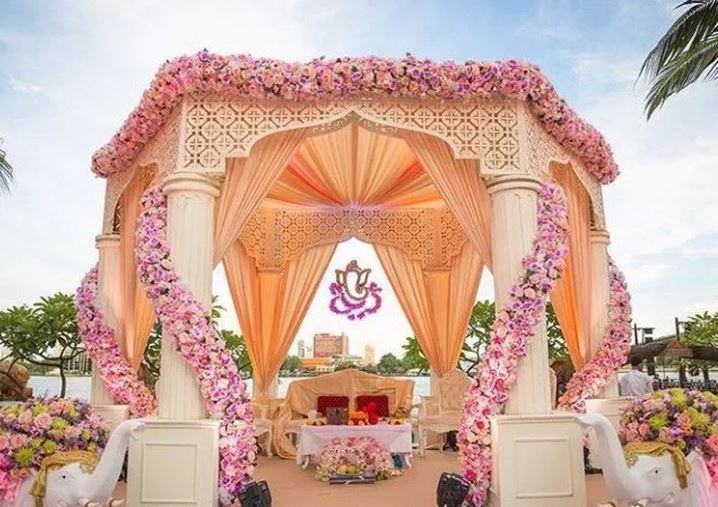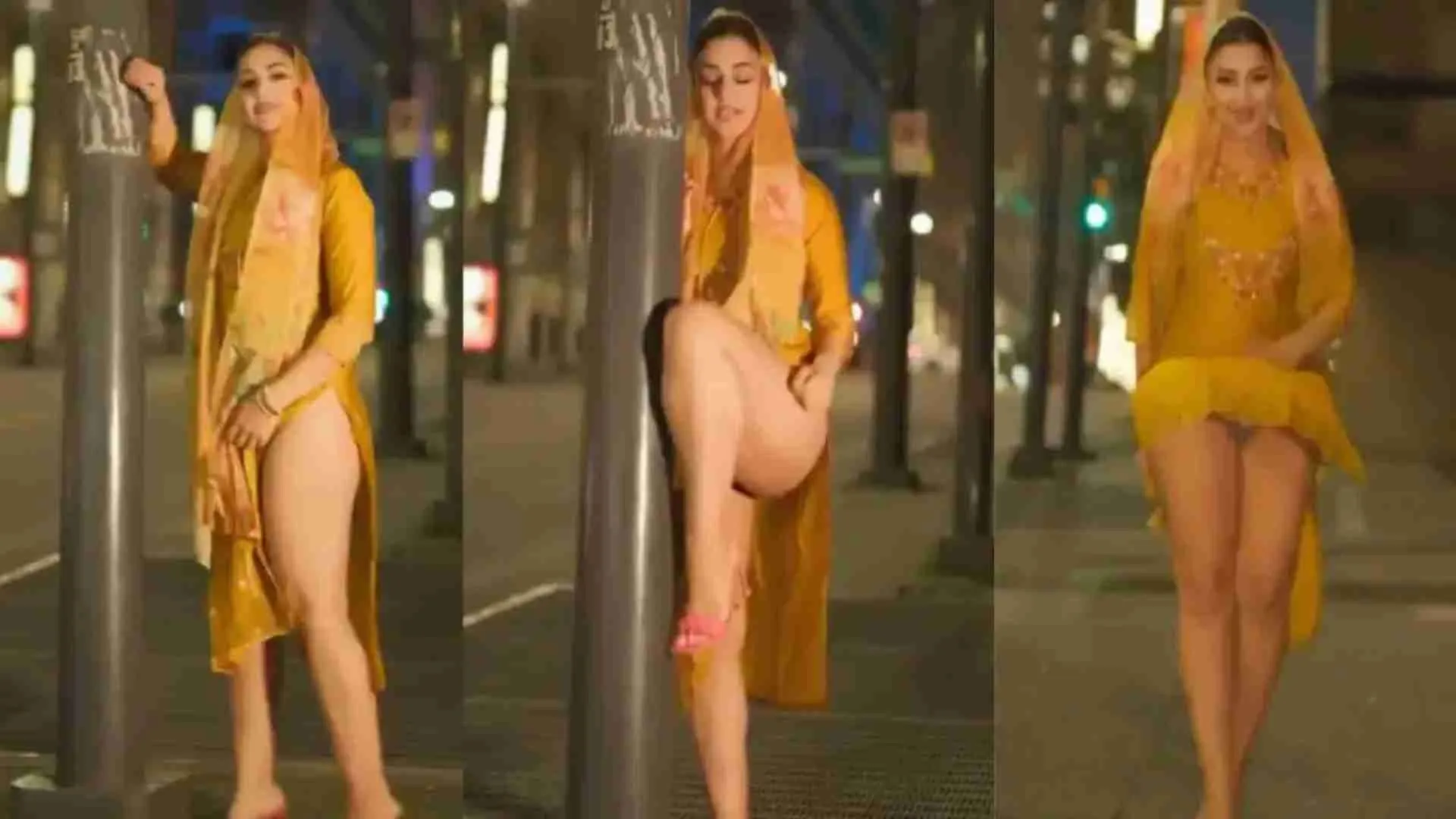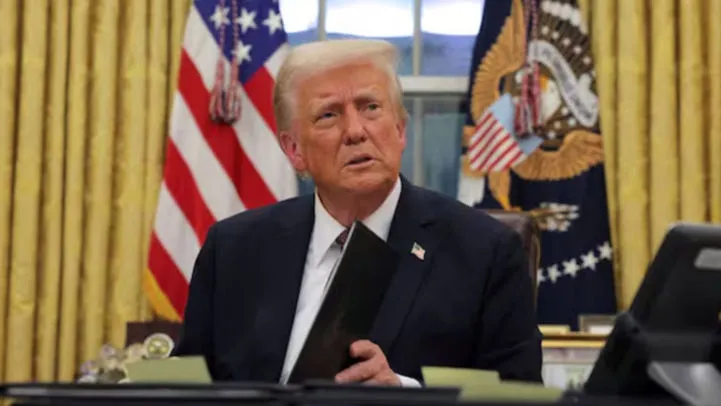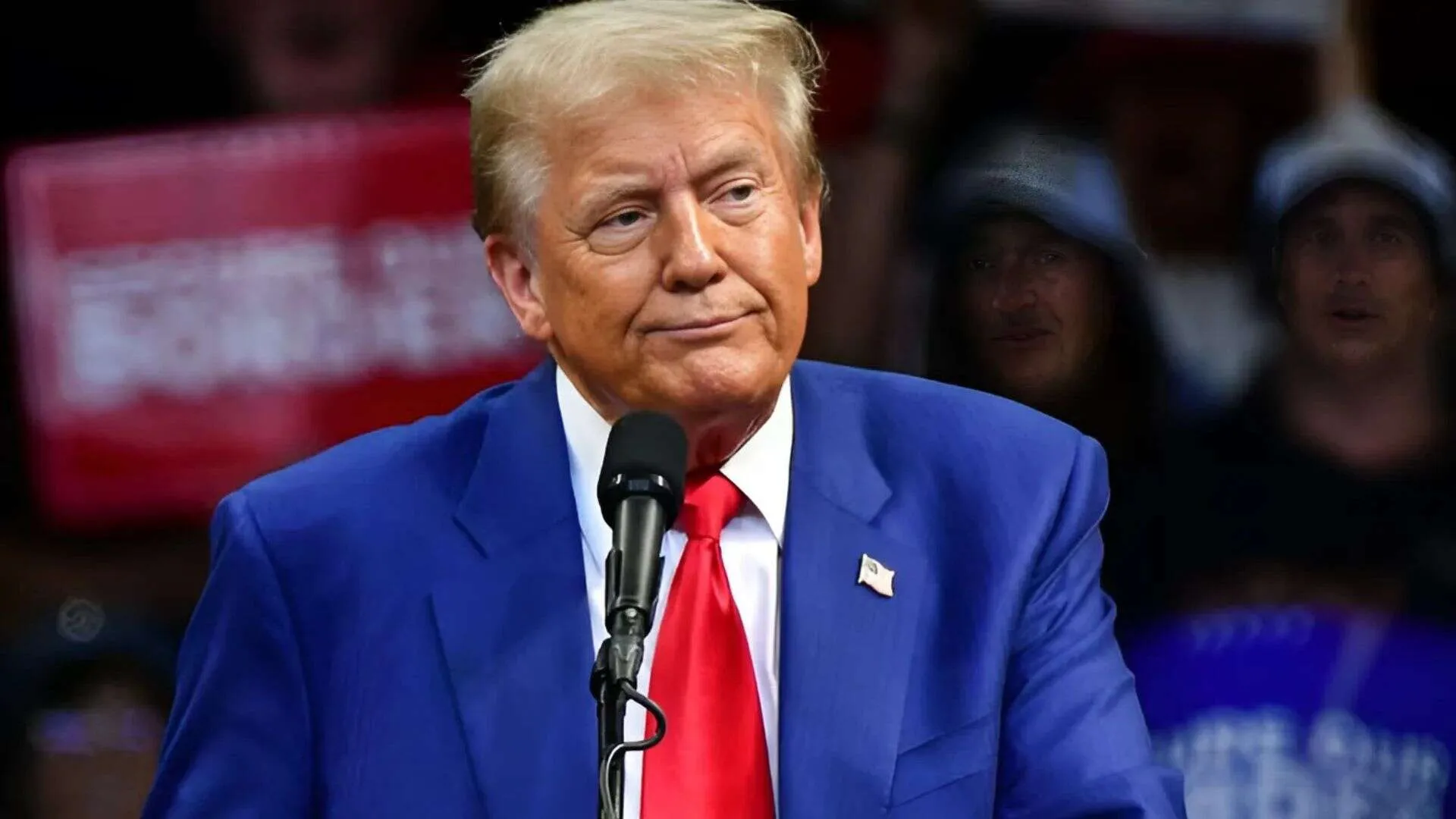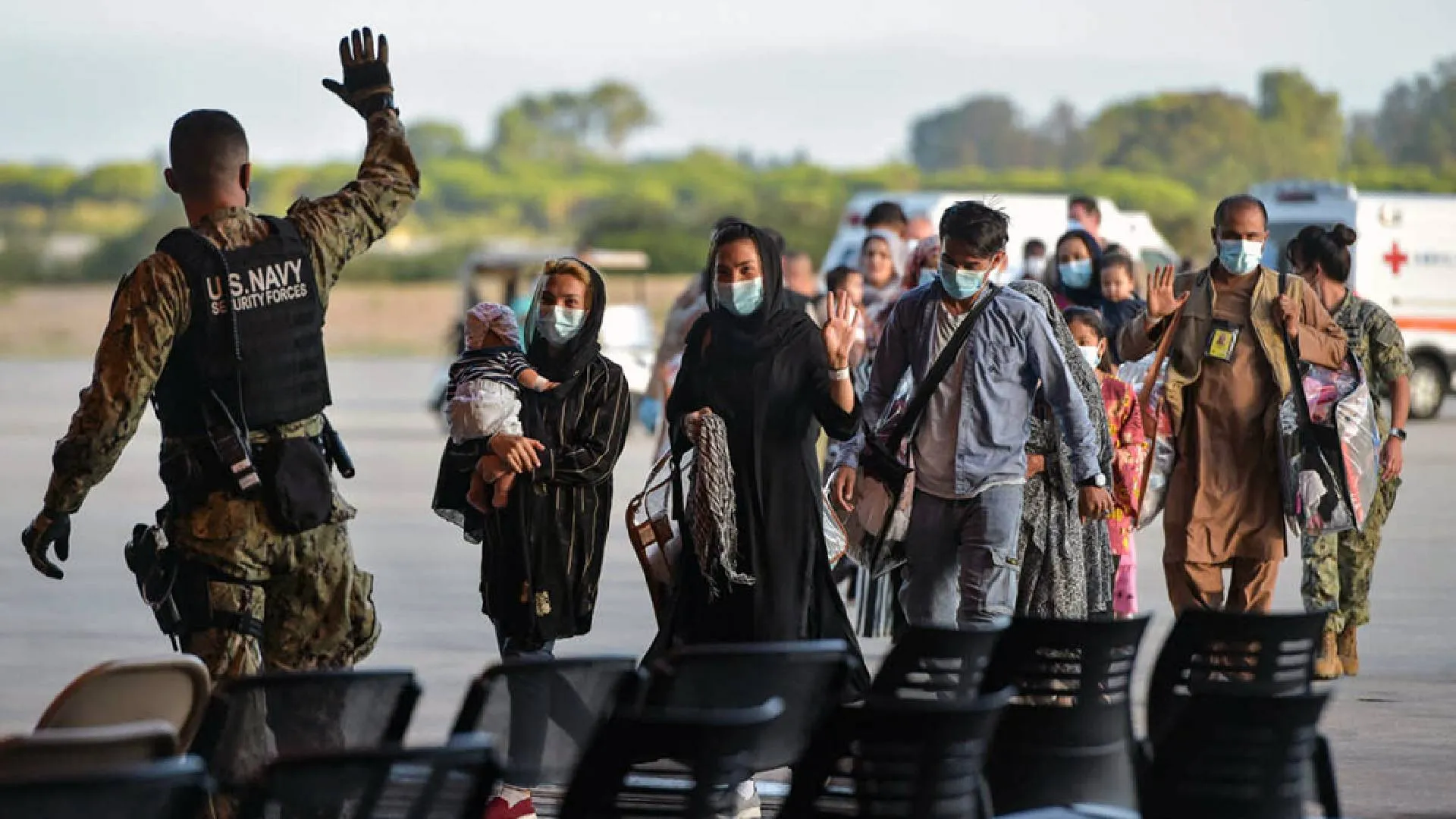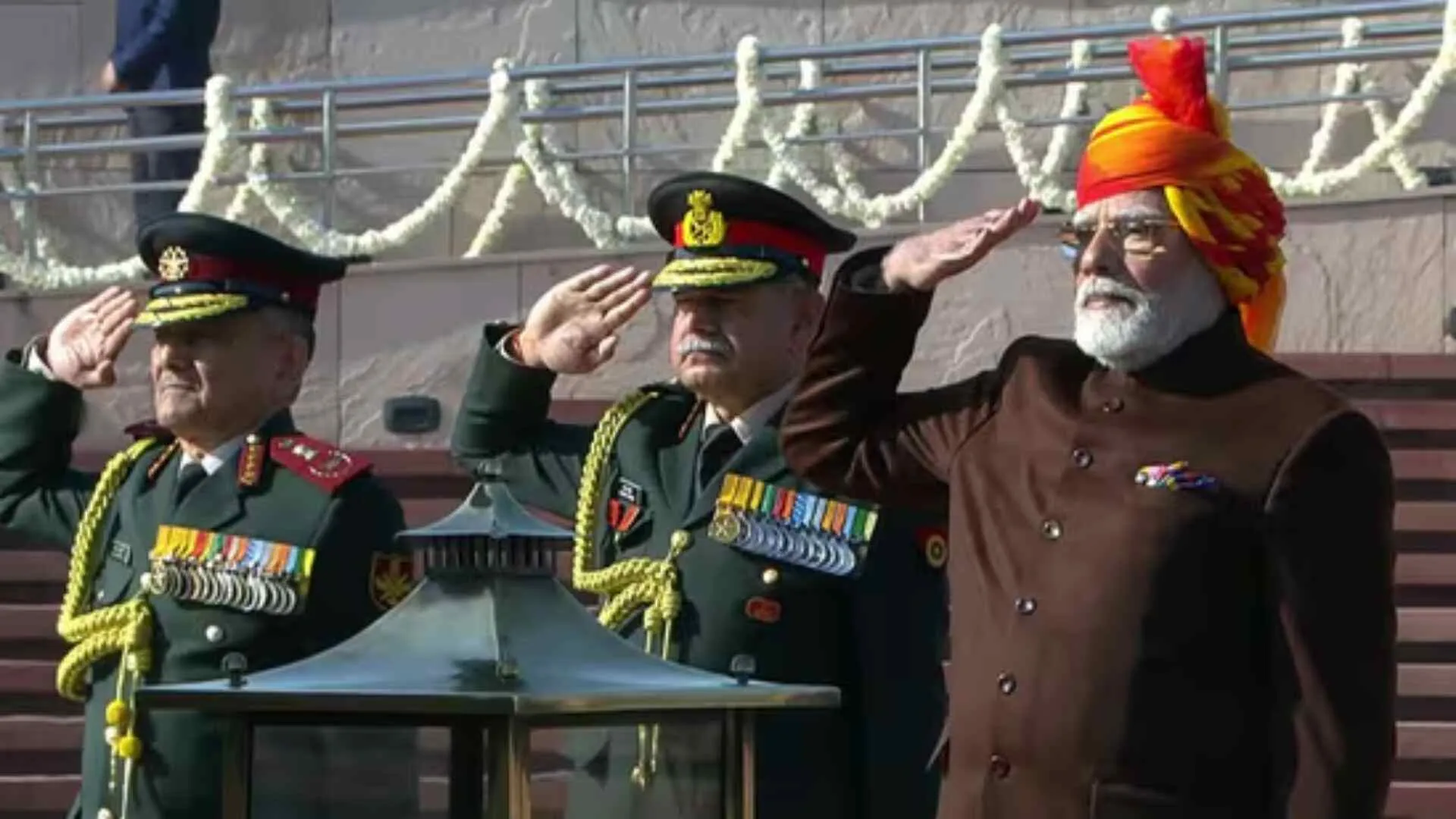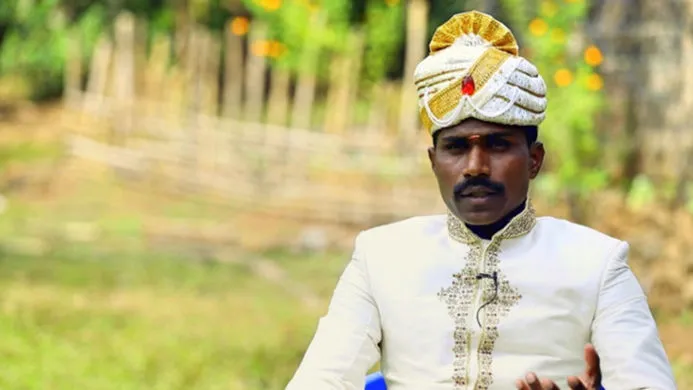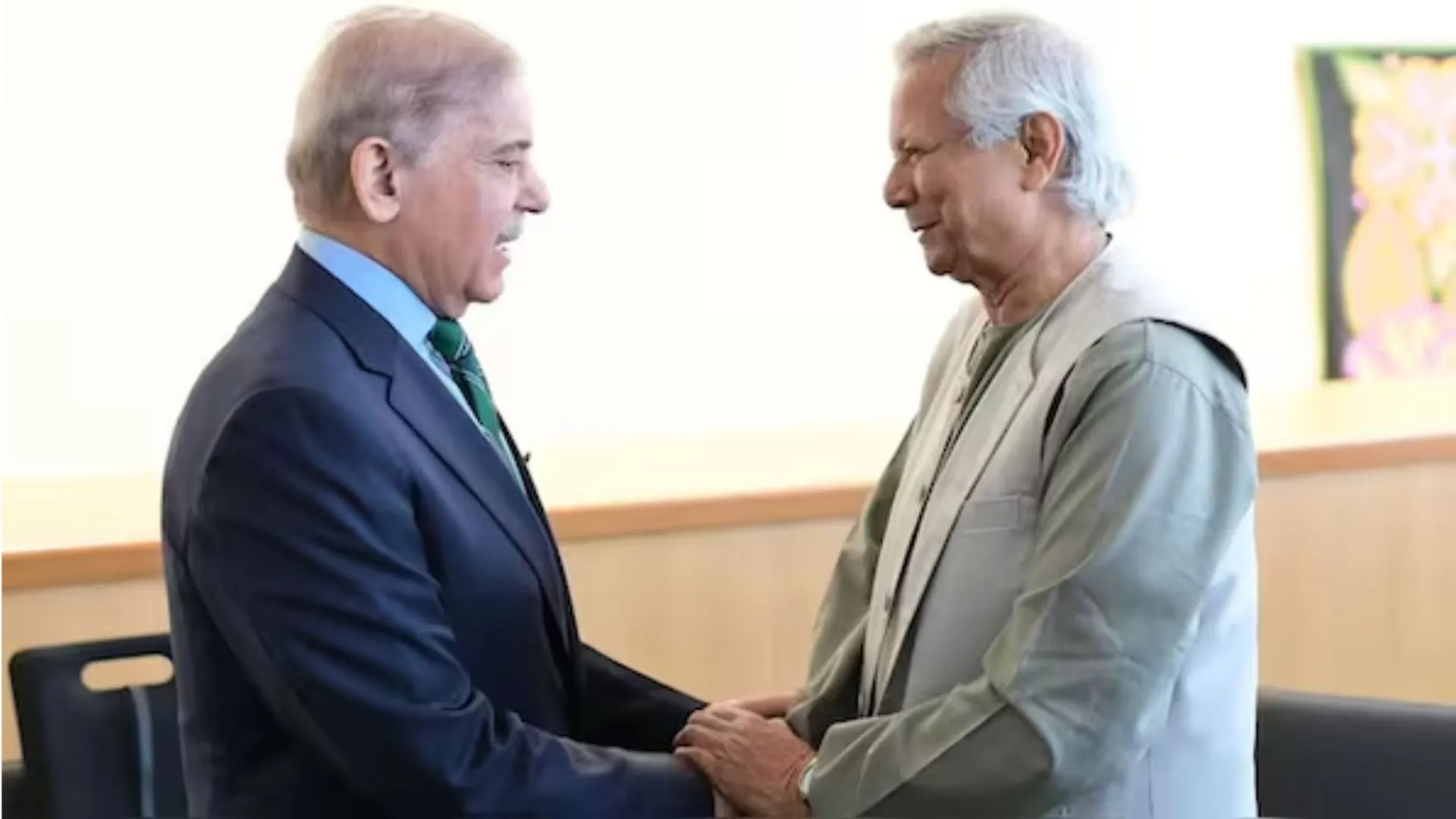“Happily ever after” is a series of many stressful situations, with not-so-happy pressured wedding planners and event managers, along with family members, putting together the “A” list of invitees, as well as the “B & C” lists. The invites are based on the depth of the relationships with the guests, as well as the wealth of the invitee, which is a major point of consideration. The final day is a culmination of many hits and misses, with anger, tears, and joy.
If it’s a destination wedding, the planning is even more elaborate. Hotels are booked, musicians are flown in, and the welcome drink must be nothing less than Moët. The DJ, caterers, parties, after-parties, and in-between parties for the guests are all decided well in advance. This is a mega event where parents show their love for their child by creating a wedding that guests will remember for a long time and remain in awe of the party thrown. There must be Chinese whispers of the great wedding attended.
In these types of weddings, there are multiple photo shoots with different costumes and settings for the couple. One can be against the sand dunes of a desert, with a bored camel chewing the cud as the backdrop. In another, a pet dog is the master of the ceremony. The grandparents and parents can wait while the dog wears a matching collar with the couple’s wedding finery and carries the ring in its mouth, shaking its well-groomed tail and posing for photographers. This is very emotional and everyone must understand the deep bond between the canine and its master.
The modern big fat Indian wedding totally depends on how creative one can be with their ideas, as well as how much surplus wealth they can flex in such an extravaganza.
The iconic Hindi film DDLJ is revisited time and again at these weddings. Additionally, many couples tick off all their dreams of different types of weddings. For example, a Hindu bride might want to be dressed in a white gown. So the planner will throw in one ceremony where the non-Christian couple has a Christian white gown in the wedding. This is one among the multiple mini and mega-events. Champagne will be flowing, with a toastmaster. Among all of this, there will also be the ritualistic Hindu ceremony. The bride may come in on a tractor, a truck, or an open jeep. She is not expected to be coy. She must be given the freedom to dance or waltz into her own wedding, which one must admit, is such a welcome change. Marriage, which is essentially based on patriarchy, now accommodates this mini freedom for the woman to at least walk into matrimony in her own way. But post the “dhamaka entry,” the mantras will be read mindlessly, where the bride will agree to serve the husband as a dutiful wife and the husband will be the provider till eternity.
In most of these kinds of mega weddings, the bride must have made-to-order bridal wear from the one and only Sabyasachi Mukherjee. Apart from the designer clothing, the couple must be dripping in diamonds. The idea is to look like a film star.
One can’t deny that there is serious competition and a constant point of reference with the innumerable celebrity weddings that are happening with regularity every alternate day. For the couple who wants to dress, look and be like their favorite film star, it is only natural to copy them on their “D-Day.”
These weddings are often a replica of the couple looking like Aishwarya Rai Bachchan and Hrithik Roshan from the film Jodha Akbar. The only thing overlooked is that Jodha was given away to the Mughal ruler and she was one among the innumerable wives that Akbar the Great had.
Behind the scenes, there are many relatives and friends who are eagle-eyed, measuring the level of extravagance that the parents of the couple have been able to put together. There will be a comparison to the last wedding they attended. Even the invitees end up spending quite a bit to look like they are part of the wedding. There is a dress code given out for the guests to follow.
If a toast is made by the parents, it is a baring of the heart. In this emotional speech for the ladla beta and ladli beti, memories will be shared of the child growing up to be this amazing man and woman, where most invitees get emotional in the situation around them.
The question that arises is when did we lose the small wedding ceremonies? The days when a banana leaf was used to serve food, it was a sit-down dinner, where a cook was hired, and the guests were served food by the cousins and the family members. It was traditional and less pressure on the parents and also for the couples to outdo the last wedding they attended.
This entire change in Indian weddings may have begun when film stars splashed their wedding photos on select media. Tabloids that cover these events inspire the star-struck mindlessness of the masses.
Many of the youth aspire to the unattainable life of these stars. For many, it does create a sense of being a “have not” that can make them feel lesser, and parents will go the extra mile to make their children happy. These youngsters follow film stars blindly. What remains baffling is that they don’t follow the political happenings in the country as much as they follow their favorite influencer and film star.
India’s $50-billion wedding market seems to have come back stronger after the pandemic woes with 3.2 million events lined up for the November 2022-February 2023 period. Thus, making a sharp spike from 2.5 million a year back. The spending capacity is also likely to reach Rs 3.75 lakh crore this season, up from Rs 3 lakh crore last year. So, we are looking at an economy of F&B, hospitality, travel operators, designers, and jewelers making good money as the market only shows an upward trend.
India is often regarded as having the lowest divorce rate globally, estimated to be around 1.1%. However, in recent years, divorce rates have risen by 50% to 60%, particularly in urban areas. As a result, there is hope that the life savings spent by parents on extravagant weddings aren’t going to waste, in a society where marriage is considered the greatest investment in life.
Recent news reports suggest that celebrities such as Kiara Advani and Siddharth Malhotra, as well as Ranbir Kapoor and Alia Bhatt, have tied the knot in beautiful and romantic fashion, reminiscent of fairy tales. This creates huge pressure for those who want to emulate them. Additionally, for the well-heeled, being part of the “A” list invitees to such weddings matters a great deal. The paparazzi bombard us with photos on social media of couples coming out of airports to attend destination weddings.
In certain circumstances, such as a lifelong commitment to a partner, the vow ‘till death do us part’ may be considered a compelling reason to devote one’s savings towards repaying loans over the course of one’s lifetime.
For the majority of us, we feel a sense of connection to the stars as we watch them get married in their extravagant ceremonies. We follow them like seasoned voyeurs on steroids, discussing and dissecting the wedding down to its smallest details.
Speaking to Manish Singh, a taxi driver from Jodhpur, he mentioned that at the last wedding he attended for a prominent Mumbai business family, the taxi bills alone were a whopping Rs 6 crore. He added that it was fantastic for his business and he can now repay his EMIs and loans.

Mohua Chinappa is an author and a podcaster of a show called The Mohua Show. https://www.themohuashow.com/media/

